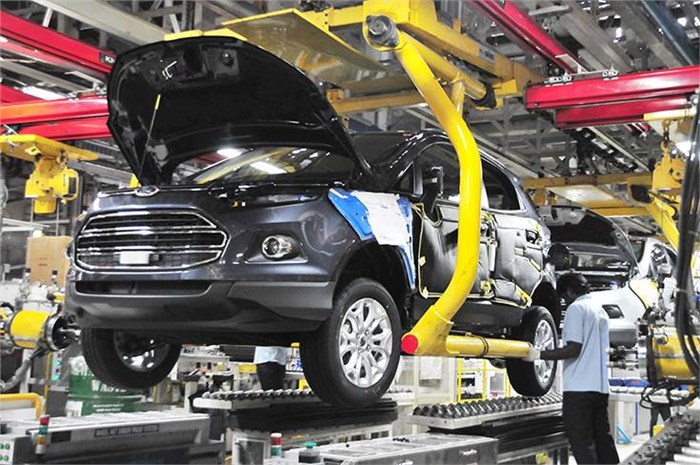Car makers call on the US government to loosen up the plan to limit tax credits for electric vehicles. It is referring to the $430 billion Inflation Reduction Act. So that it allows the manufacturers to source EV components from more places.

Under the recently passed legislation, consumer tax credits the auto industry says are critical to widespread adoption wouldn’t be allowed for EVs whose batteries contain material from a so-called “foreign entity of concern” beginning in 2024. The automakers’ stance clashes with that of US mining companies supplying raw materials to the industry, who say the act is right to push manufacturers toward domestic producers. The rift, which spilled out into the open as the US Internal Revenue Service solicited public input on the EV tax credit provisions in the new law, underscores the divergent agendas of companies across the supply chain on a hotly debated topic. EV adoption has surged in recent years in part because of consumer incentives that bring down sticker prices still running well above those of gas-fueled models.
In comments to the IRS released late Thursday, Ford urged the US to exempt domestic suppliers from the foreign entity restrictions, regardless of ownership, and to also allow most non-US companies as long as 50% or less of their own doesn’t meet the foreign entity of concern definition. “An overly expansive interpretation of this provision risks undermining” the law’s objectives by making the vehicle credits “largely unavailable,” the company said.
Tax credit
Ford said the industry needs flexibility so that unintended traces of critical minerals from foreign entities of concern don’t disqualify consumers from getting a tax credit. Similarly, the Alliance for Automotive Innovation, which lobbies for carmakers including Ford, urged the IRS to “fully contemplate the complexity and structure of the battery supply chain” when finalizing rules. The group called for “flexible” guidance. American Allies Toyota, meanwhile, said guidelines on manufacturing and sourcing should be spelled out — and that Japan should be explicitly included among the sources eligible for tax credits.
“America’s allies, most notably Japan, are at the core of America’s strategy to address vulnerabilities in critical supply chains,” the company said in a letter Friday to the US government. Domestic producers of the critical materials needed to power EVs, like nickel, lithium, and copper, want a stricter interpretation of where automakers can buy from since compelling companies to purchase US-produced minerals supports the domestic supply chain. President Joe Biden has argued that the US needs to bolster its domestic production and supply chains because much of the key materials needed for EVs and the energy transition are dominated by China.











